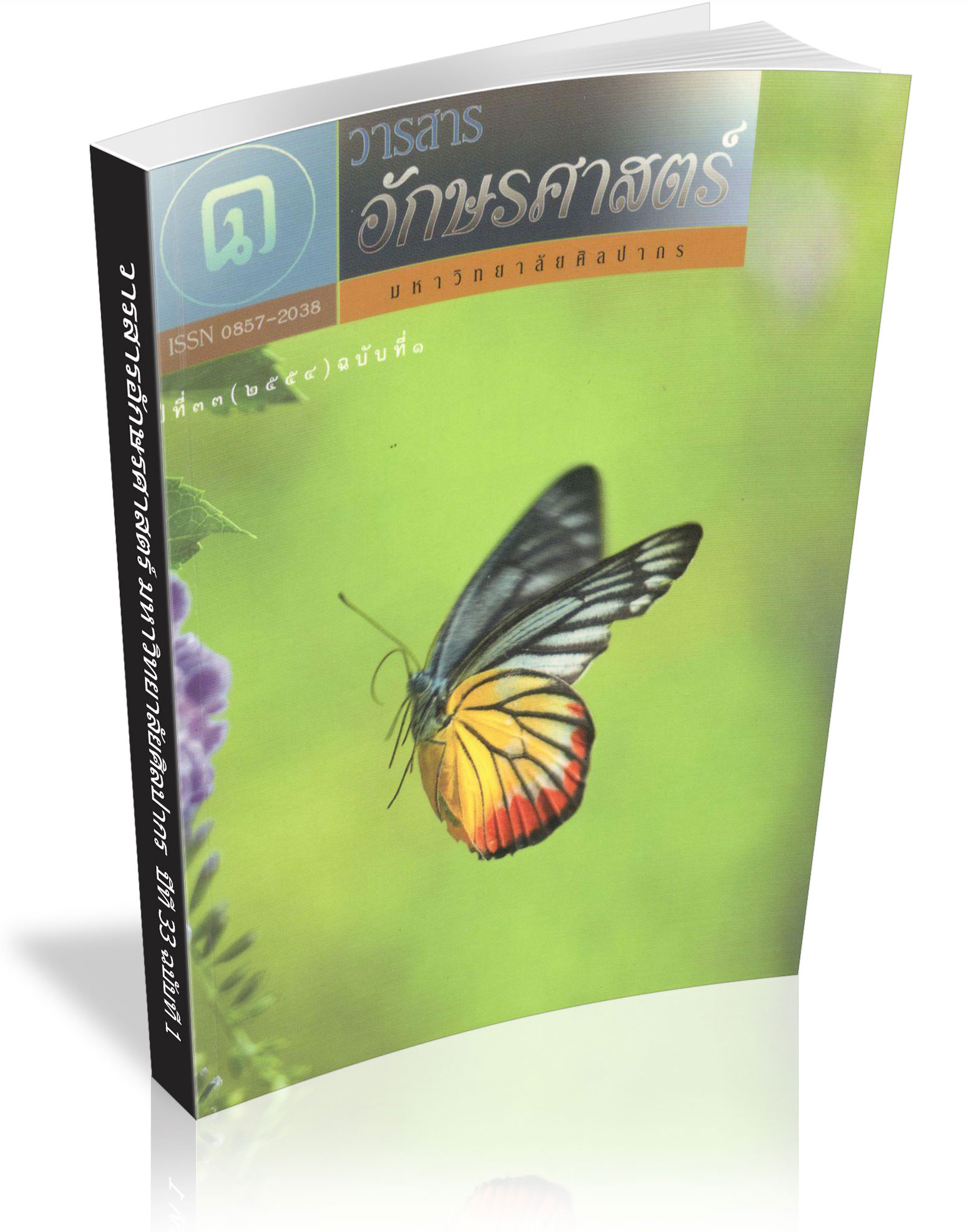Output Hypothesis and English Language Teaching in Thailand
Keywords:
output hypothesis, input hypothesis, English language teachingAbstract
This paper introduces the two central concepts and roles of theoretical foundations to second language acquisition (SLA) : Krashen's input hypothesis and Swain's output hypothesis. Specifically focusing on output hypothesis, the functions of output are explicitly laid out. A critical examination of a number of experimental research studies conducted to validate the role and impact of the output hypothesis on SLA is presented. Although, up until this point, the effect of the output hypothesis has not yet been directly assessed, these studies illuminate the pivotal role and contribution played by the output hypothesis. Task types that seem to be relevant and beneficial to the implementation of the output hypothesis are suggested. Taking into consideration the fact that the English language is taught as a foreign language in Thailand and the unique characteristics of Thai learners, the adoption of the output hypothesis must be undertaken with caution
Downloads
References
Ellis, R. (1994). Factors in the incidental acquisition of second language vocabulary from oral input : A review essay. Applied Linguistics, 14, 5, 1-32.
Ellis, R., Tanaka, Y. & Yamazaki, A. (1994). Classroom interaction, comprehension, and the acquisition of L2 word meaning. Language Learning, 22, 3, 449-491.
Foley, J. (2005). English in...Thailand. RELC Journal, 36, 223-234.
Garrett, N. (1982). A psycholinguistic perspective on grammar and CALL. In William Flint Smith (Ed.), Modern media in foreign language education : Theory and implementation (pp. 169-196). The ACTFL Foreign Language Education Series. Retrieved from http://eric.ed.gov/PDFS/ED284451.pdf
Gass, S. (1997). Input, interaction, and the second language learner. New Jersey : Lawrence Erlbaum Associates.
Downloads
Published
How to Cite
Issue
Section
License
ผู้เขียนบทความต้องยินยอมในข้อกำหนดต่าง ๆ ของวารสารก่อนส่งบทความตีพิมพ์



